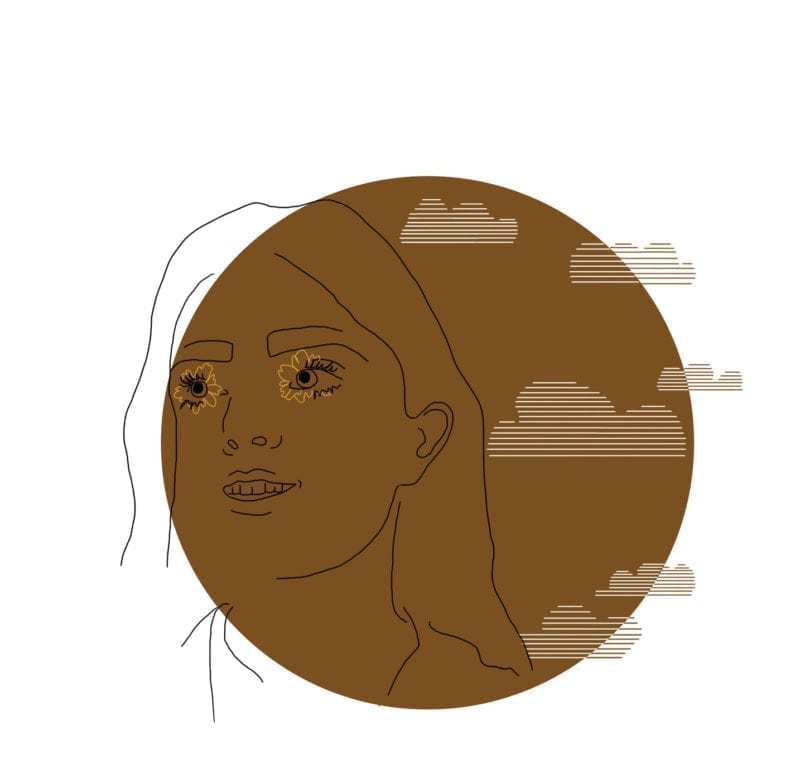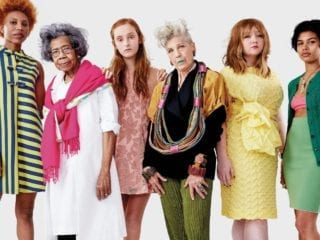In honor of National Professional Social Work Month, Darling is highlighting one New York social worker’s experience to shed light on a field dedicated to helping people and highlight the contributions they make to society.
On my unit, dozens of patients come and go each day.
Even though he left the hospital many months ago, Miguel remains clear in my memory. As a medical social worker, my job is to assess patients using a psychosocial framework, a perspective unique to social workers that incorporates a complete picture of a person in an environment. Then, I facilitate discharge planning and care coordination, provide emotional support and advocate between the patient and the care team.
I knew from my first year in college that I wanted to do medical social work, which is a perfect blend of health and psychology. During my Master’s degree program, I interned at a hospital and learned how to speak with patients about their lives, their illnesses and even death. Hospital social work is everything that I thought it would be—exciting and filled with personal connection and meaningful moments. Yet, it’s also demanding on both the mind and the heart.
[Social work] is demanding on both the mind and the heart.
Miguel is a perfect example of those things. Working with him left me with an unshakeable pensiveness about the value of living.
Miguel was too young to be so sick. He was in his 30s and had an aggressive cancer. Ten years before his diagnosis, Miguel had moved away from Mexico City and set up a life for himself in New York, working in a restaurant and living with friends. Now, he had an estimated eight months to live.
The first time that I met Miguel, he was in a lot of pain. His neck was pressed inside a large brace, as his tumor was located in his spine. Because of the damage, Miguel was weak in his hands and legs. I introduced myself as the unit social worker and welcomed him, but I could sense that behind his polite answers, all he wanted to do was shut his eyes and escape from the terrible pain from his body.
Miguel’s family still lived in Mexico. For many weeks, he didn’t tell his family that he was sick. My team—an attending physician, medical resident, nurses, physical and occupational therapists, psychologist and case manager—continued to assess his case and his understanding of the illness. We spoke with Miguel with a Spanish interpreter and asked if he wanted us to contact his family and if he wanted us to get the Mexican consulate involved to facilitate travel back to Mexico where he could be with them. He declined, saying that he would consider returning home only if the treatments failed. Although the doctors pushed back on the decision, we respected it as his.
If he stayed in New York, then his quality of life would be limited by his undocumented status, as he was ineligible for resources such as health insurance. Because of his weakness, he wouldn’t be able to return to his third-floor apartment. He needed to be catheterized every six hours, which he couldn’t do by himself because of the weakness in his hands, so his friends would have to help him. He wouldn’t be able to work and his health would get worse.
All of these factors fell into my lap. Taking inventory of the circumstances, what could I come up with for a safe discharge that fit within his wishes?
I ordered the equipment that he would need when he left. I spoke with community agencies to see if they would provide charity home care. I advocated for his wishes to my team and the administrators who were urging me to get him discharged, even though I knew it would impact my discharge rate. I spoke with him about his options, what he wanted and why he wanted it. I checked in with his physical and occupational therapists to see how he was progressing. Though he was a complicated case, he was not my only case, and I completed these tasks alongside the tasks of the 20 other patients on my census.
Though he was a complicated case, he was not my only case.
In the end, we kept Miguel on our unit much past his estimated admission length. I was secretly glad, as he and I had developed a close relationship, creating a bond that presents itself to those who spend most of our waking hours in healthcare settings, provider and patient alike. I visited Miguel every day, sometimes for just a few minutes during rounds, sometimes for longer conversations. I asked him how he was feeling, how his emotions were in dealing with this setback—a setback with a finality attached to it.
He was attentive in all interactions, though boyish at times. He laughed, told stories, described his upbringing and aspirations for the future, one of which was to go to Las Vegas, another of which was to meet his young nephews for the first time. He stayed for months, which would only happen at a public hospital like mine because of our dedication to those without insurance.
In the back of the darkest part of my mind, I thought he would die on my unit. I asked myself, “What would his quality of life have been, living out his remaining days at the hospital?” I hoped that my conversations were helpful, if not comforting. While his case tested my ability as a social worker, time and time again his endearing personality showed that he deserved so much more than the cards life dealt him, and this made me work harder.
His endearing personality showed that he deserved so much more than the cards life dealt him, and this made me work harder.
Instead of trending downward, Miguel made momentous progress. Eventually, with the dual prescription of the right medications and time, his symptoms lessened and he was able to start walking short distances on his own. He could finally void his bladder and his neck brace came off. One day, during my visit, I walked into the room and there he was, sitting on his bed and glowing with a health I hadn’t seen in him before.
“You look so good, Miguel!” I said over and over to him. I was overcome with what I saw.
“I feel good too, so much stronger thanks to being here,” he told me. “And I’m going to get even stronger.”
We threw him a going-away party, a party with hats and cupcakes and tender feelings in our hearts for his resilience. I held his hand—the hand with strength returned—as I said goodbye to him. He promised to visit, and I hope that he does.
The next day, I walked past his empty room and felt a combination of pride that we helped alter the course of his life and sorrow that he was now out in the world without us to catch him if he fell. That’s also part of social work, it’s not just helping people. It’s learning to let go, learning to deal with the grief that comes from the goodbyes of people who no longer need our help. They no longer need our help because we supported them enough that, in the end, they learned how to support themselves.
Social workers have a huge responsibility, no matter what type of social work we do. I was responsible for figuring out what could be the rest of Miguel’s life, his last eight months. I hope I supported him through the right decisions. I know that I made an impact, and that’s what social workers base their work upon—making impacts in the lives of our patients.
Are you or anyone you know in the social work field? What impact does this position have on society?
Image via Sara Silva, Darling Issue No. 20












1 comment
What a touching reflection. As a fellow social worker, I recognize my favorite part about the field in your piece, the immense value in respecting one’s autonomy and self-determination. You speak, very movingly, to the opportunity this loving act presents: to support change through the empowerment of a genuine relationship. Thank you for sharing your perspective and a glimpse of Miguel’s story!